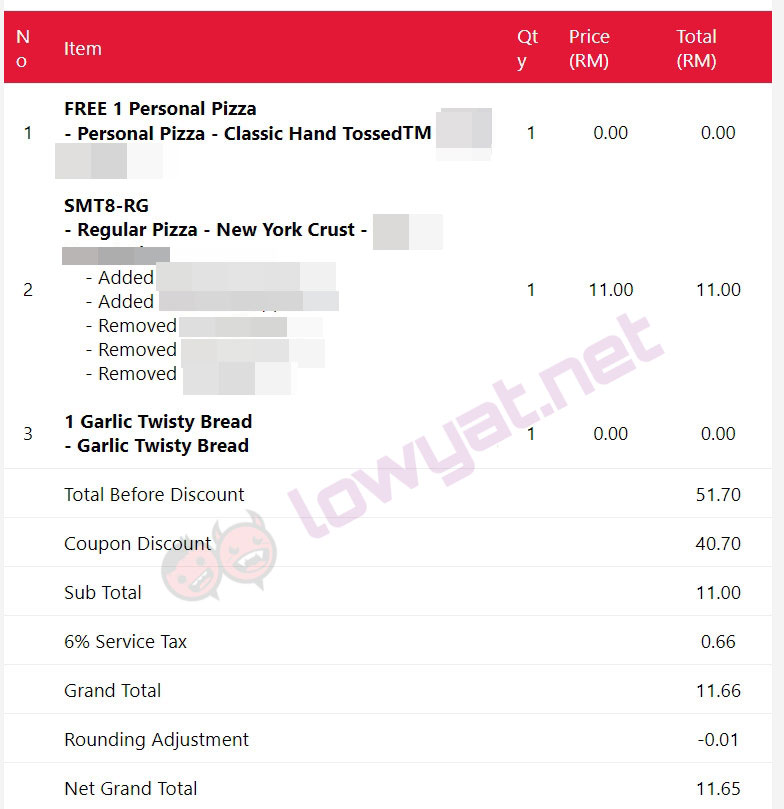Popular pizza chain Domino’s has found itself embroiled in a social media storm this week after several of its online customers were called up by the Commercial Crimes Department of the Royal Malaysia Police (PDRM) for questioning after ordering their meals online.
Domino’s has since claimed that these customers were reported as they had ‘abused’ ‘unauthorized’ vouchers in their purchase. In what we can only call a ‘hastily’ released media statement earlier today, Domino’s made the following claim.

The above statement, which was published on their Facebook page, and sent out to local media outlets, was quickly taken down after it received severe backlash from their own followers. Sadly enough, for Domino’s – the Customers in this case actually had every right to feel aggrieved by their actions.
According to comments from one of the Customers who was questioned by the PDRM, as well as a copy of a counter police report that we have sighted – Domino’s are claiming that the customer had illegally ‘hacked’ the Domino’s online platform, and had utilized illegal voucher codes to purchase meals at a heavily discounted price.
While we’re not entirely sure how legitimate coupon codes ended up on online shopping sites like Shopee, it is complete and utterly unfair to blame any customer for using these codes as the codes still remain valid on Domino’s site. If the coupon codes were illegally obtained, Domino’s should be filing a report against the seller of the codes, and disabling these ‘unauthorized’ codes on their system. At time of writing, the above coupon codes are still listed for sale on the Shopee platform.

Domino’s via their original statement had put the blame of the irregularities on the order amounts solely on the coupon and free pizza codes. What they have failed to admit (or maybe even realize) is that there are fundamental logic flaws in their online ordering system that has been exploited long before they went on ‘high alert for unusual pattern of purchases’.
These known ‘flaws’ or ‘glitches’ in their system was never fixed (and still hasn’t been fixed at time of writing), and oddly enough worked both ways. Unsuspecting customers who were not aware of the glitches might end up paying more for their orders through odd combinations made during their order process, while other customers who noticed the flaws would have been able to easily exploit the glitch to gain a huge discount on their order.

Are you as an online consumer liable if you exploit these glitches in an online ordering system to your advantage? The short answer is probably no. During Amazon Prime Day Sale in July this year, Amazon accidentally discounted high end camera gear – some costing close to USD13,000+ for a measly USD100. Amazon acknowledged their mistake and honored all the purchases. Domino’s did not (and still have not) corrected the obvious flaws in their system that is allowing this to happen. While some have cited the simple analogy of if a door is left open, stealing is still a crime – the difference here is that these customers have entered into a legitimate contract with Domino’s and paid the advertised price for their meal that has been agreed and accepted by Domino’s via their flawed system.

While Domino’s has every right to refuse service to these customers, and refund their money – there was absolutely no need for them to file a police report that caused their customers to be interrogated by police in a public place for their own incompetence and negligence in managing their online ordering system.
Follow us on Instagram, Facebook, Twitter or Telegram for more updates and breaking news.



